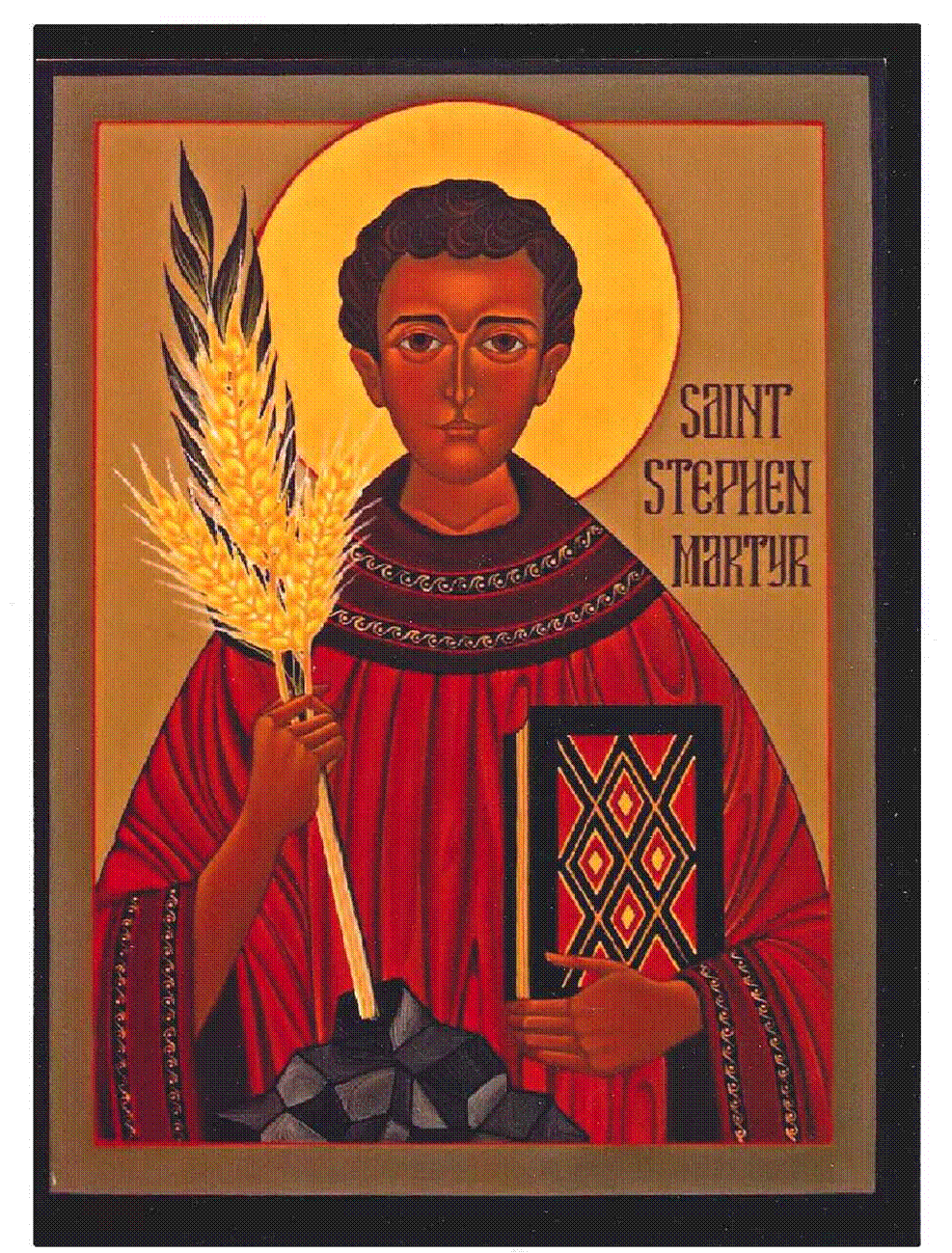On the Second Day...

There was no way to anticipate that Wittenberg would become the center of a major world event. Or that Martin Luther would be its leader.
In the early 1500s Wittenberg wasn't a large town, only about 2,000 inhabitants. Leipzig, the major trading city, and Erfurt, the university town, were much larger. Wittenberg, during its 300 years of history, had developed as a walled, fortified city, strong enough to survive at least one attack by the Hussite army.
In 1486 Fredrick III the Wise was named head of Electoral Saxony. Fredrick was one of seven people who had the right to select the Holy Roman Emperor. He took the role seriously, and wanted a capital city fit for the role. He chose Wittenberg to be his capital, and home to his new university. The University of Wittenberg opened in 1502. In addition to the traditional studies valuing Aristotelian logic (also known as Scholasticism or Thomism), this new university would also teach humanities based on critical thinking.
Meanwhile, in Erfurt, a university town of 20,000 people, Martin Luther was beginning his university studies. He went on to study law, but soon realized that that was not his calling. He joined the local Augustinian chapter of monks and was ordained as a priest in 1507. The ordered, penitential life of a monk was difficult for Luther, and he was afflicted by self-doubts. He reportedly would spend hours confessing to his superior, Johann von Staupitz.
Staupitz remained connected to the Erfurt monastery, though he moved to Wittenberg in 1503 to become the new university's Dean of Theology. When he took a sabbatical in 1508 he named Martin Luther to fill the vacancy. Staupitz saw it as an opportunity to get Luther out of the cloistered confines of the monastery and into the academic world.
Upon his return to Erfurt, Luther was sent to Rome on monastery business. The 1510-1511 trip was the farthest Luther was ever to travel. He reveled in the opportunity to ascend the Santa Scala steps on his knees to free his grandfather from purgatory. But he was left ambivalent by the casualness and cynicism of the Rome-based clergy.
In 1511, Staupitz transferred Luther to Wittenberg to become chair in Biblical Studies. He was awarded his doctorate in in 1512.
The Castle Church constructed by Fredrick became home for Luther's theology classes. Luther settled into the Augustinian House ½ mile from the Castle and Castle Church. In addition to his teaching duties, Luther was preaching to his monastic brothers. He also took on duties preaching at the town church.
It's hard to know exactly what happened in those years before the posting of the 95 Theses. Luther never went into detail in his writings. In those early years in Wittenberg he was both a teacher and a student. He closely studied the work of St. Augustine and came to an understanding that man is born sinful, and that God’s grace is free. This took him away from the more common Scholastic teaching which followed the academic logical teachings of Aristotle.
During these early years Luther grew into a skilled preacher. He was able to share his new spiritual insights and learned how to hold the attention of the congregation.
He was not afraid to go against tradition. By 1516 Luther had sided with scholar Johann Reuchlin who objected to wholesale destruction of Jewish books. He had sided with Johann Lang who attacked the Scholastic movement. And he welcomed the Greek New Testament of Desiderius Erasmus. He was forced to mediate when one of his students defended a dissertation affirming the supremacy of St. Augustine over St. Thomas of Aquinas, a position which angered many faculty members.
By 1517 Luther could report: "Our theology and St. Augustine are continuing to prosper and reign in our university through the hand of God. Aristotle is declining daily and is inclining toward a fall which will end him forever."
In the summer of 1517 Luther authored the 99 theses against Scholastic theology, offering a debate on September 4, 1517. Copies of the theses were printed, posted, and dispatched to contacts in other towns. The debate never happened.
Eight weeks later, Luther took aim at the practice of indulgences and the world exploded.
- Ann Warner












